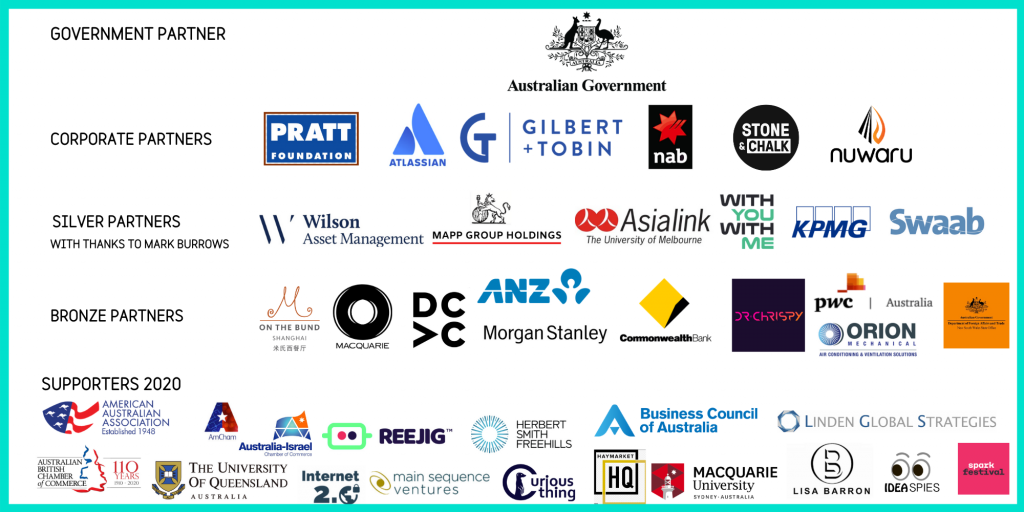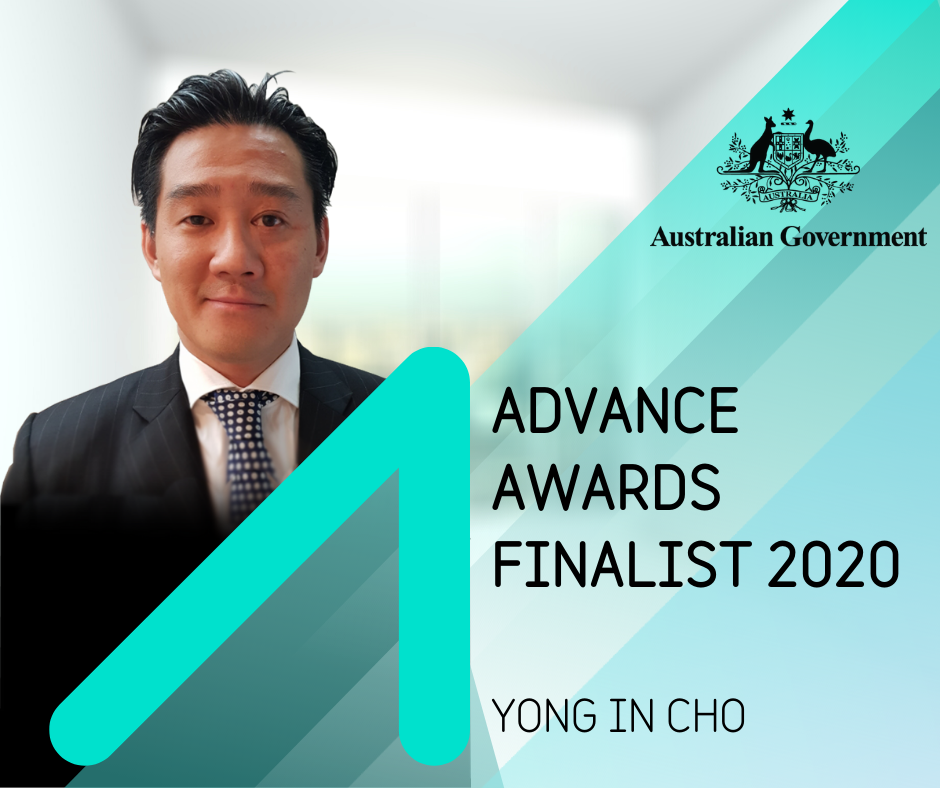
YONG IN CHO
Yong In Cho is a fintech expert, specialising in the payments industry, with deep knowledge of the financial technology market across Asia. Currently the Head of eCommerce for the world’s largest payment service company, Fiserv, Yong In most recently initiated and managed development of a solution allowing Korean tourists and Korean students to enjoy fee-free credit card transactions in Australia. Yong In is a strong promoter of the ‘Australia’ brand, and aims for Australia to be known not for minerals and mining, but for technology. He is a generous source of intelligence around fintech policy and regulations, and is passionate about the role payment solutions can play in enabling tourism, trade and international education. Yong In is confident about the market opportunities for Australian fintech firms in Asia.
A Korean-born Australian, Yong In Cho has built his financial technology expertise over the last 16 years. He has built payment solutions in Australia and internationally. He was integral in establishing the first Australian technology company in South Korea in 2008, and since then he has built payment solutions to improve the user experience and security in making payments. Extending his expertise beyond Asia, Yong In led global sales for PCINS from 2016-2018, offering payment services for merchants and financial institutions in Asia and the EU region. Yong In is an active contributor to AustCham Korea, as a Board Member and Mentor for the past seven years. Yong In credits his post-school education at Sydney TAFE, where he gained a diploma in drafting / CAD design, with preparing him for the fast-paced and ever-changing financial technology industry. His practical approach to challenges has enabled him to succeed in new product development and implement solutions in new markets.
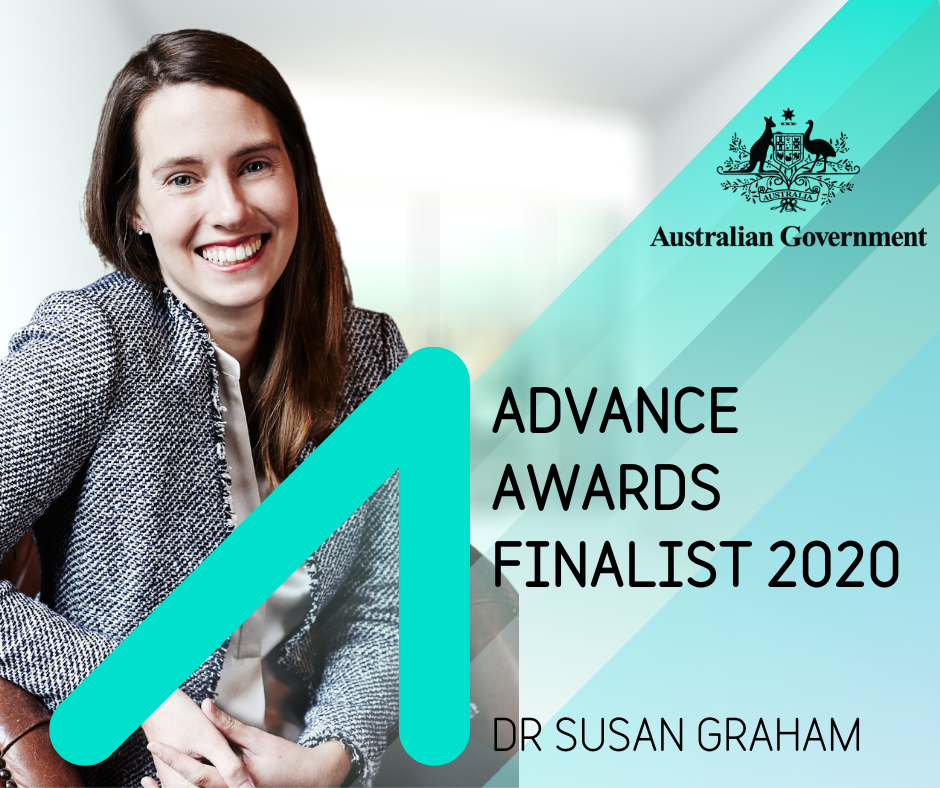
DR SUSAN GRAHAM
Dr Susan Graham leads a team of passionate engineers, plant scientists and drone operators to tackle global scale deforestation. As the Chief Executive Officer and Co-Founder of Dendra Systems, Susan uses a combination of data analytics, AI and drones to restore natural ecosystems, enabling large scale management and restoration. The UK tech company aims to “re-green” the planet using the speed and accuracy of technology to enable governments to restore forests 150 times faster than planting by hand, at less than 10 times the cost. Susan believes the time to act is now, citing WWF estimates that we’re losing 27 football fields of forest every minute due to deforestation. Dendra plans to plant 500 billion trees by 2060 – using AI and drones.
Dr Graham graduated from the University of Oxford with a D.Phil in Biomedical Engineering in 2015. Her work was spun out into OxSonics, a successfully funded drug delivery company based in Oxford. Susan graduated from the University of Sydney with a Bachelor of Engineering and Bachelor of Medical Science. For her work across research, startups and inspiring young women in tech, Susan was named on the Forbes 30 Under 30 list for industry in Europe in 2017. She was also the winner of the Hello Tomorrow Competition Grand Prize, Paris, 2015, and winner of the New York Venture Summit Pitch Competition, 2017.
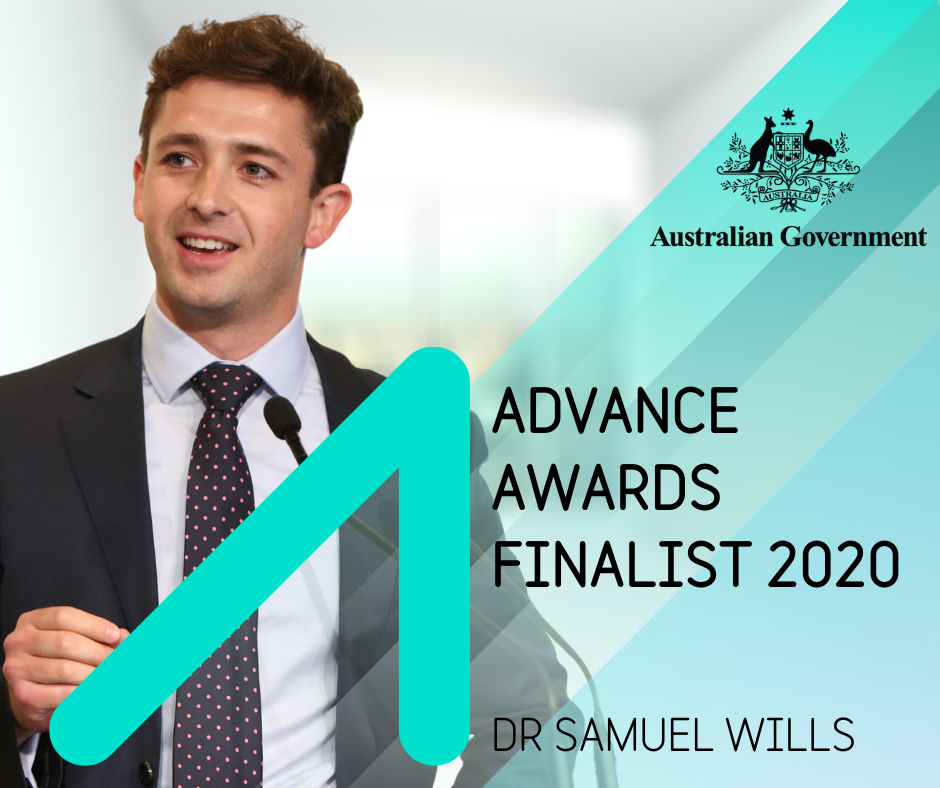
DR SAMUEL WILLS
Sam’s research has led to significant real-world impact. One example is the $1 trillion Norwegian Sovereign Wealth Fund increasing their equity mix, lowering their spending rule, and divesting stocks most exposed to the oil price, following recommendations from his work with Ton van den Bremer and Rick van der Ploeg. Another is convening the Rebuilding Macroeconomic Theory project with David Vines, inviting 18 leading macroeconomists to determine how to respond to the 2008 financial crisis. Contributors included two Nobel Prize-winners, and current/former Chief Economists of the IMF and Bank of England. Better yet, real-world impact can be seen in Sam’s development with Brock Smith of a new way to measure poverty: using satellites to count people living in darkness at night. This method is now freely available and received the 2018 prize for the best paper in the Journal of the Association of Environmental and Resource Economists.
Today, Dr Sam Wills holds external research positions at the Universities of Sydney, Oxford and ANU, and is an economist at a leading London hedge fund. Sam was previously an Assistant Professor/Lecturer in Economics at the University of Sydney, and an ESRC Future Research Leaders Fellow at the University of Oxford. He has advised the World Bank on natural resource policy in Iraq, Libya and Uganda and has done work for worked with the IMF, the Bank of England, the International Growth Centre, the Australian Department of Prime Minister and Cabinet, and the Australian Prudential Regulation Authority and McKinsey & Co. Sam completed a D.Phil in Economics (Oxford) in 2014 as a John Monash Scholar, receiving the David Walton prize for the top candidate in macroeconomics or finance. He also completed an M.Phil in Economics (Oxford) as a Commonwealth Scholar, and a B.Com in Actuarial Studies and Finance (UNSW) as a Co-Op Scholar, graduating with a High Distinction average, the University Medal and the Investec Prize for the top all-round student.
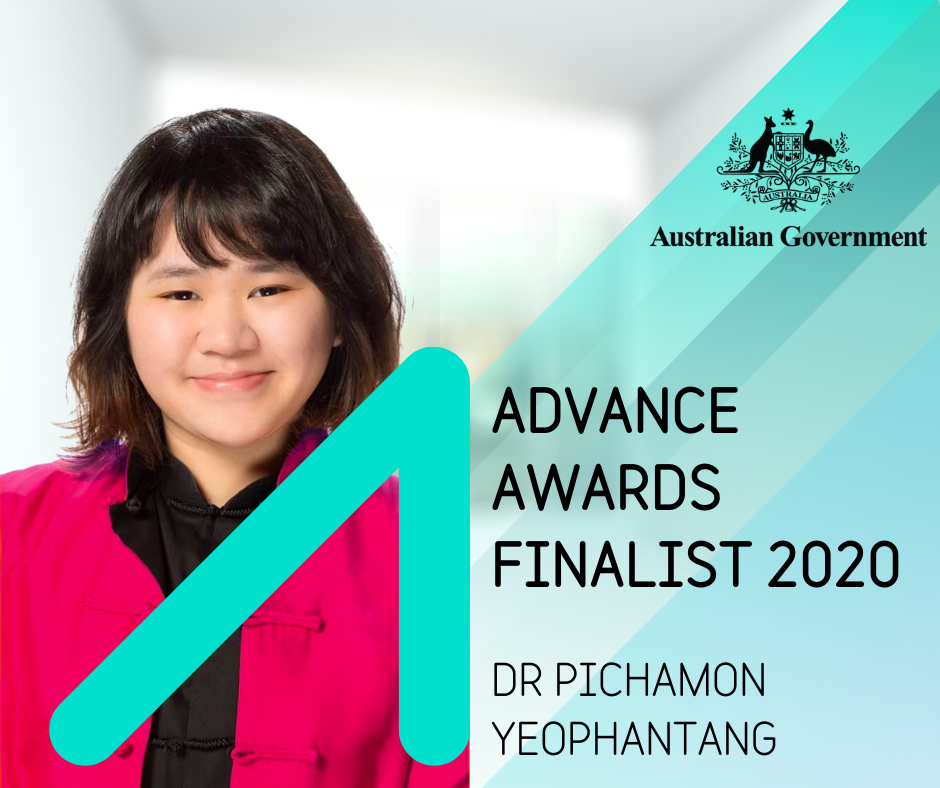
DR PICHAMON YEOPHANTONG
Dr Pichamon Yeophantong is Senior Lecturer in International Relations and Development and the Director of the Responsible Business Lab at the University of New South Wales (Canberra)—Australian Defence Force Academy. In her work, Pichamon tackles big, real-world problems and focuses on finding solutions. Through her Lab, she works with activists, policymakers and businesses to engender better governance and development outcomes in the Asia-Pacific region through evidence-based research. Pichamon embodies the leadership, energy and agility needed to bring about positive change. In light of the COVID-19 pandemic, she has received grants to work with researchers from across the region to address pressing COVID19-related problems. One project, for example, sees her leading a team of interdisciplinary researchers in Indonesia to study COVID-19’s impacts on Indonesia’s construction industry and develop guidelines for the Indonesian Ministry of Public Works and Housing on how to best assist affected construction workers and companies.
Dr Pichamon Yeophantong is a recipient of the prestigious Australian Research Council DECRA Fellowship for her research on regulating the social and environmental impacts of Chinese investment in the developing world. As part of this project, she runs capacity development and training workshops for Chinese and Southeast Asian academics and practitioners on topics relating to business and human rights. Pichamon has also been a consultant to a range of international organisations and civil society groups on social and environmental justice issues, including the Africa Progress Panel, Overseas Development Institute and International Rivers, and is a Chief Investigator on a CARE Australia-funded project on preventing sexual harassment in garment factories in Southeast Asia. Dr Pichamon Yeophantong has received international fellowships and awards in recognition of her work and public engagement. These include a Global Leaders Fellowship from Princeton University and the University of Oxford, an ASEAN-Canada Senior Fellowship from Nanyang Technological University, and an inaugural Taiwan Fellowship. In 2018, she received Australia ‘Future Leader’ Prize from the Council for the Humanities, Arts and Social Sciences. As an educator, Pichamon is deeply committed to supporting the next generation of scholar-practitioners. In addition to supervising and mentoring her students in Australia, she maintains a global mentoring network for budding young scholars, particularly those located in the global South, and has also taught short-term courses on development and human rights at leading universities in China.
with thanks to our Partners and Sponsors
